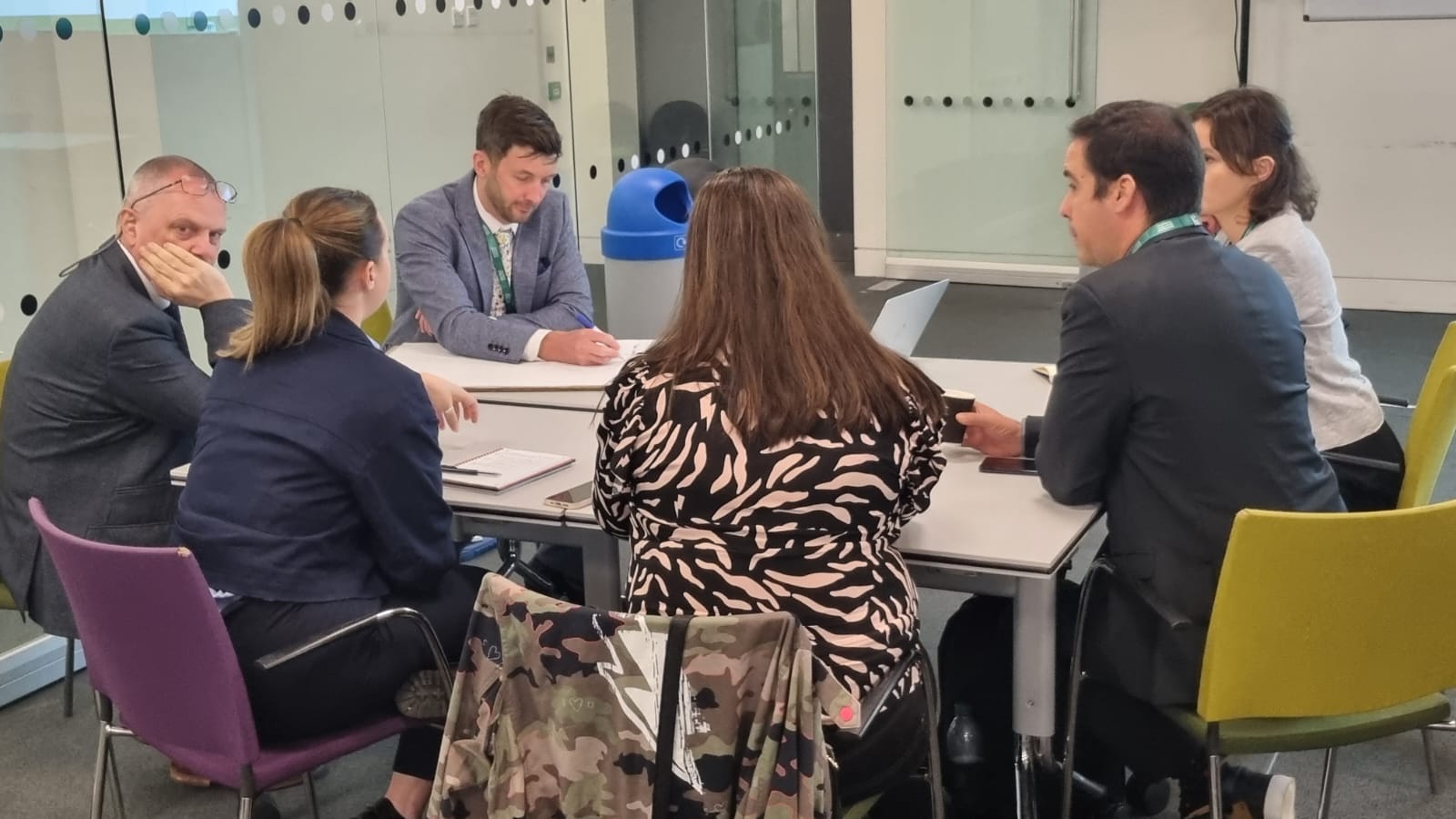How tertiary education can accelerate Net Zero
Remaining relevant is crucial for universities and colleges in this period of exponential technological change and unprecedented climate change. Iain Patton and Tim Sowula argue that rapidly pivoting teaching towards green skills and learning, and opening access to that learning is the best way for tertiary education to make an urgent impact and meet their aims of being places that change our world.

Across all the global debates about the future of tertiary education; the utility, the value for money, the relevance, the impact; there has been one near constant. In every one of the many, many countries we’ve worked in, there is a strong assertion from policy-makers, educators, funders, learners: Universities and colleges must be places where change does happen for the world.
Another constant assertion is that we are living in a world that requires rapid adaption to the challenges caused by the climate emergency, now changing lives, changing voting behaviour, changing the flows of trade, capital and human migration.
This may be scary but also hugely exciting, because we know that so many of the solutions to this polycrisis are known, and affordable. We don’t need to wait for a technological silver bullet; what we need is a suitably distributed, and properly trained labour force to deliver and install, maintain and enable the already possible adaptations so urgently needed for humanity to live sustainably and reach Net Zero.
This is where universities and colleges can be places where change does happen for the world. There are around 4000 research universities across our planet, closer to 20,000 tertiary institutions. That’s an enormous global network of real-life institutions with a shared thread of values, goals, structure.
But for too long, universities in particular, have prided themselves on their longevity and potential impact on the long-term future of their students, community, country or the world. Except they have to make an impact right now.
Covid showed how quickly universities can transform themselves, their practice, their relationship with stakeholders. Our conversations with those stakeholders have found that tertiary education institutions need to move away from playing a certification/validation role in a society, to be about changing people’s skillsets and mindsets.
Regardless of existing investments, policies, mission or strategic goals, there is a real environmental imperative for the global workforce to be rapidly acquiring more green skills. And economic: LinkedIn data from 2023 shows there’s a 29% higher demand for green skills than non-green skills, from employers.
So how can educators be empowered to make change and accelerate progress; reform orthodox approaches when it clear that orthodoxy is not doing enough to get us out of this crisis? Policy change is very hard but can be done if you have the right coalitions of actors, informed by the right evidence, and motivated by the right incentives.
The UN Environment Programme has formed a partnership with the global authority on university leadership and performance, Times Higher Education, in order to support radical, scalable and rapid progress in the teaching and adoption of green learning and skills. By combining the UNEP’s convening power with THE’s data expertise, we aim to create clarity and confidence for leaders to make the economic investments and policy decisions that are necessary to achieve the change that is so obviously and immediately needed. We’re now living in a scenario where doing nothing is failing.
What is the low-hanging fruit? Our consultations suggest that in many countries where green skills are most in demand, there is also very low enrolment in established education. Therefore a priority would be how to expand access to quality teaching and training for all learners.
An education leader from Kenya told us that university leaders need to be ‘Thought Leaders’ for all education in general; and consider the needs of people who have not been part of traditional education – especially young women. A mindset change is needed: universities can no longer boast of their exclusivity. Alongside colleges, they exist to serve humanity.
Creating change requires courageous leadership and the right data. It also helps to have incentives.
Learners are huge partners in this; the biggest output of the education sector, and in many countries a key unit of resource for the financing of education. Where they can, they must exercise that power in demanding institutions offer them courses that are relevant.
For young learners in higher education, their expectations and concerns are clear. A global survey conducted in 2020 by Students Organising for Sustainability International found that 92 per cent of respondents agreed that sustainable development is something which all universities and colleges should actively incorporate and promote. 40 per cent reported low or no coverage of sustainable development concept in their course curriculum. 90 per cent of respondents say they are willing to accept a salary sacrifice to work in a company with a good environmental and social record.
But it is fundamentally unjust to place hopes and expectations on young people to resolve a crisis not of their making. The climate emergency has been created by the well-informed decisions of highly educated leaders in government and industry. It’s only by changing the education of the next generation of leaders and creating better information and fresh accountability for the current generation of government and industry leaders that we can change the direction of this crisis. This is how tertiary education truly can change the world.